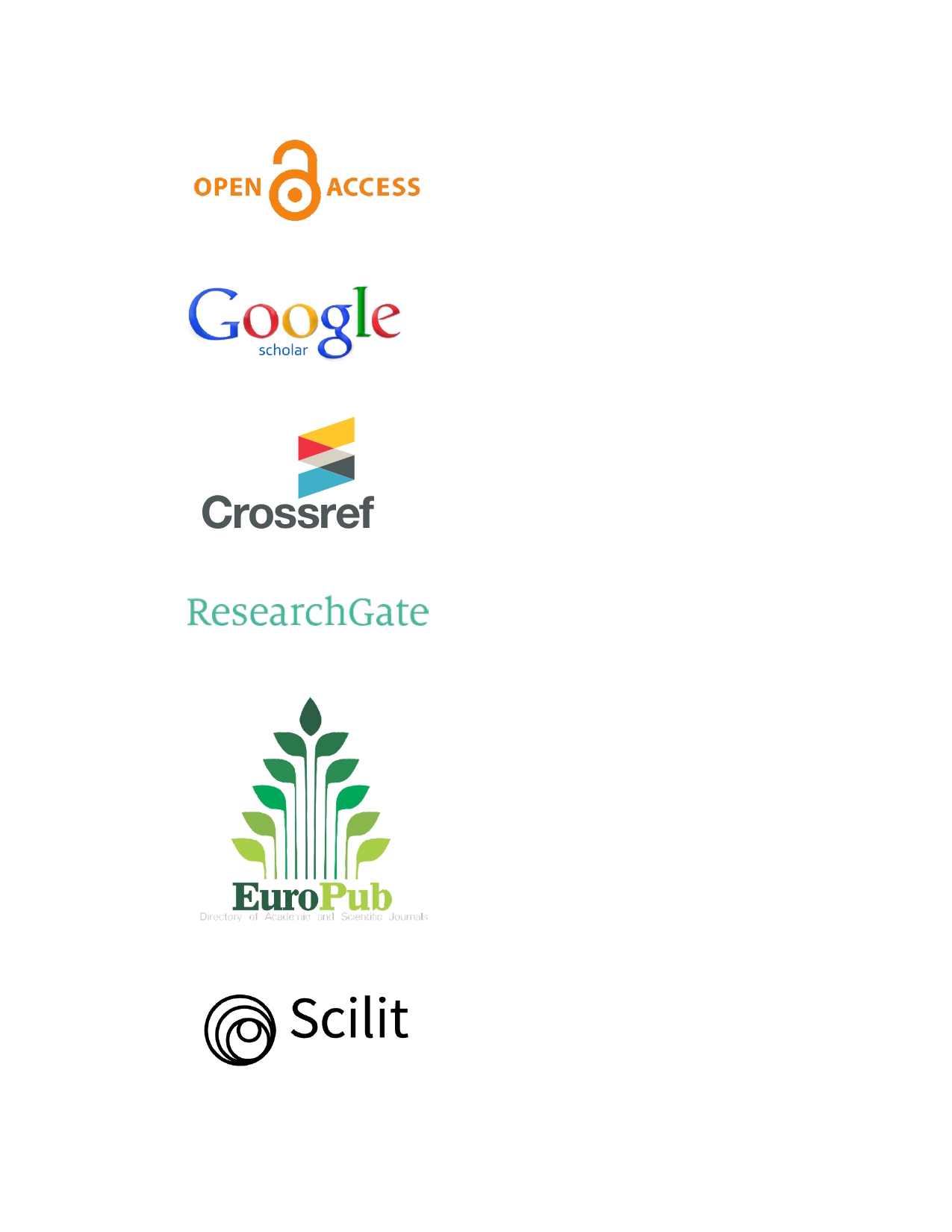From Household to Public Sphere: Women Farmers, Gender Inequality, and Collective Mobilisation
DOI:
https://doi.org/10.63002/assm.305.1094Keywords:
women farmers, gender inequality, rural development, civic participation, popular education, community developmentAbstract
The MAIs Project – Women Farmers in Inland Territories – aimed to empower and promote the civic and associative participation of women farmers in S. Pedro do Sul and Sabugal, contributing to the advancement of gender equality in these regions. Using a participatory approach grounded in the principles of community development, activities were structured along three axes of intervention: personal/social, technical, and collective. This article analyses gender inequality in civic participation and highlights popular education as a key tool for strengthening collective action. When considering community mobilisation in rural contexts, it is essential to recognise the role of trust-based networks and the coordination between public policies and local actors. Women farmers face structural barriers that limit their engagement in the public sphere, including the burden of domestic and agricultural labour and persistent patriarchal norms. Thus, the centrality of labour and the gendered division of responsibilities emerged as key factors in understanding patterns of political participation and the development of collective action.
Downloads
Published
How to Cite
Issue
Section
License
Copyright (c) 2025 Cristina Amaro Costa

This work is licensed under a Creative Commons Attribution 4.0 International License.






